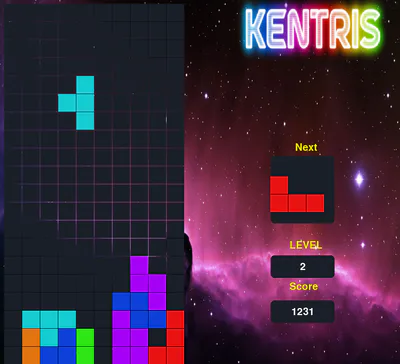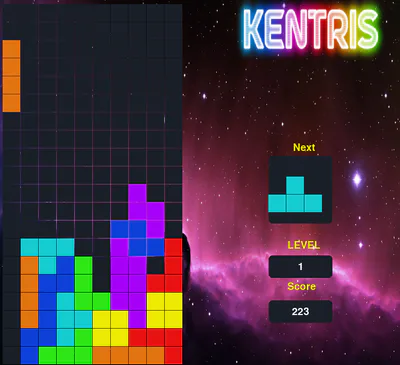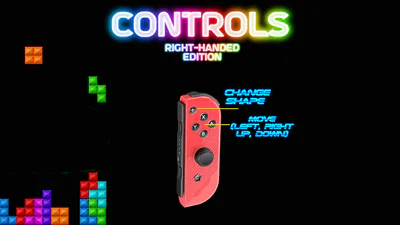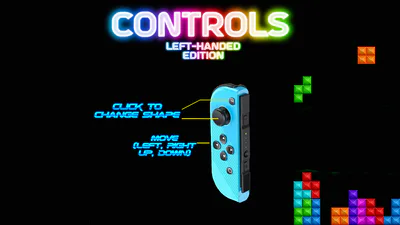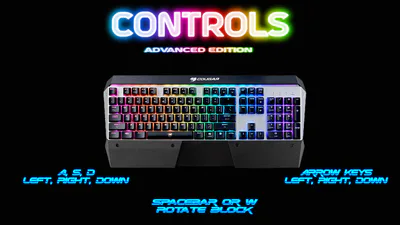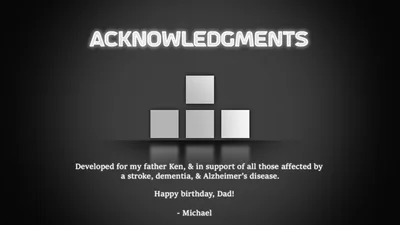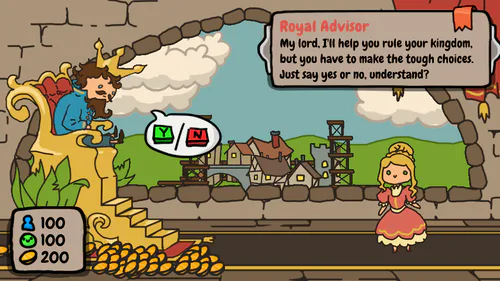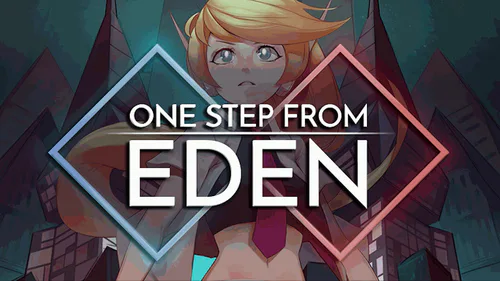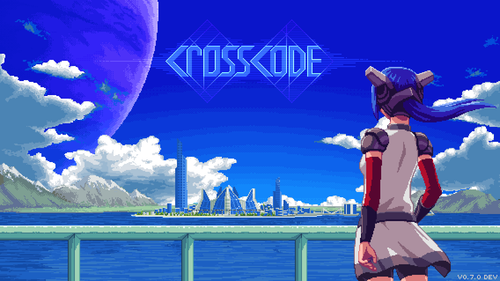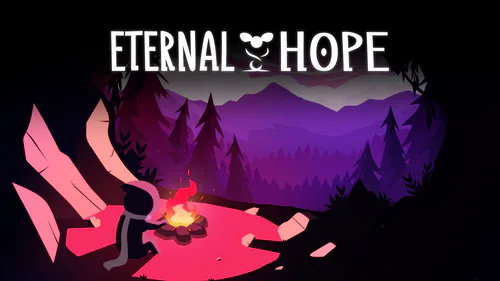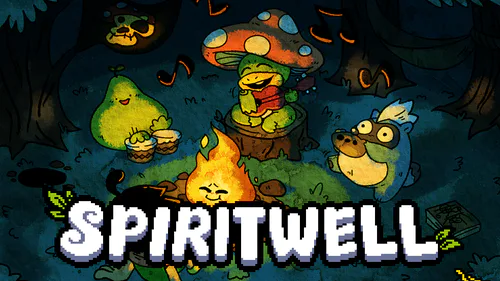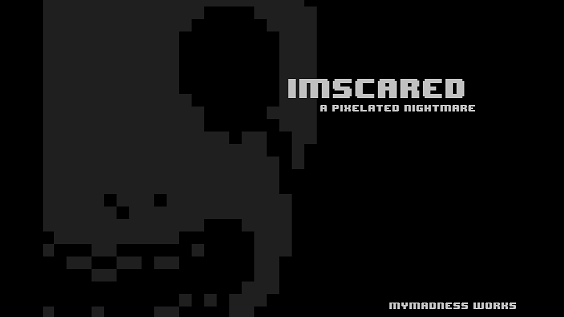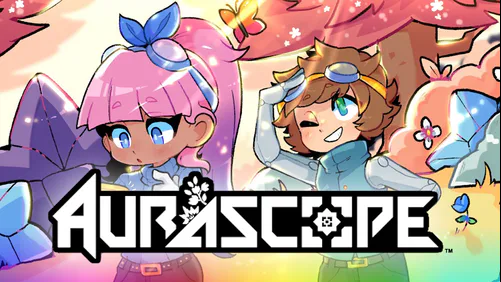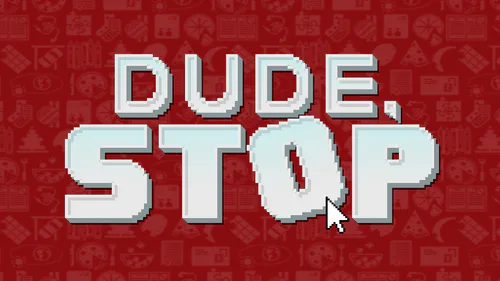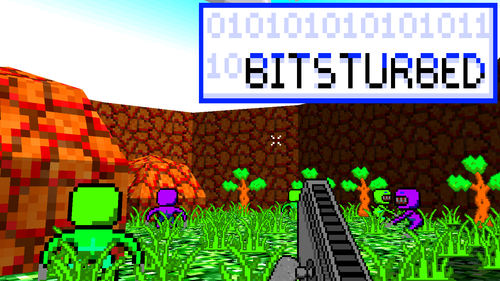
Comments
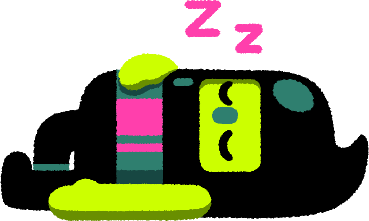
Kentris: Right-Handed Edition
Kentris: Left-Handed Edition
Kentris: Advanced Edition
Kentris is a specialized version of Tetris geared towards stroke victims, and people struggling with dementia, & Alzheimer's disease. Kentris has been made more accessible to people with various cognitive disabilities by using bigger blocks that are easier to see and track, the fall rate has been adjusted to a considerably slower rate, and this game can be played with either just the left or right hand using a Nintendo Joycon connected to your Windows computer.
Several studies have focused on the benefits that Tetris can provide in dealing with trauma, depression, patients with dementia & Alzheimer's disease, as well as, stroke. Some of the more notable results due to Tetris helping create new neural pathways are:
Cognitive Behaviors
1. Improves spatial reasoning and problem-solving skills.
2. Enhances visual processing and perception.
3. Boosts memory and concentration.
4. Supports cognitive flexibility and adaptability.
Motor Skills and Rehabilitation:
1. Fine-tunes hand-eye coordination and dexterity.
2. Encourages finger movement and mobility.
3. Develops motor planning and execution.
Therapeutic Benefits:
1. Reduces stress and anxiety through calming, repetitive gameplay.
2. Provides a sense of accomplishment and confidence.
3. Offers an engaging, non-verbal activity for those with communication difficulties.
Kentris was developed to help people create new neural pathways while also being fun, and to do so by being easily accessible to play despite slow reaction time, a paralyzed limb, and/or limited vision.
